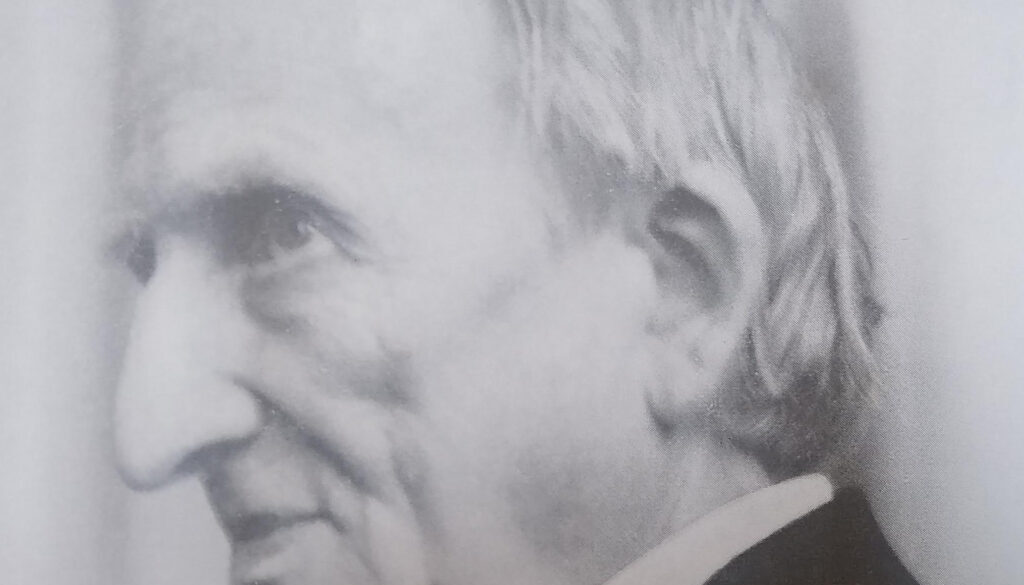Albert Steffen
Steffen (December 10, 1884, Wynau, Switzerland – July 13, 1963, Dornach, Switzerland) was a poet, painter, dramatist, essayist, and novelist. He joined the Theosophical Society in Germany in 1910, and the Anthroposophical Society in 1912 and became its president after the death of its founder, Rudolf Steiner, in 1925. Steffen was chief editor of the society’s journal, Das Goetheanum, from 1921–1963.
Steffen wrote many plays (Hiram and Solomon, Manes’ Experience of Death), novels (Oasis of Humanity, The Renewal of the Association), and essays (The Artist Between West and East). “Albert Steffen: Translation and Tribute” (Rare – ASIN : B002IY0218 Publisher : New York: Adonis Press 1959) also occasionally becomes available.
His main role in the story of the BDA is as president of the Anthroposophical Society presiding as events unfolded between 1925 and 1935.
There is a nice sketch of Steffen and his work here from which this is extracted:
“The greater part of my boyhood I passed on the banks of the Aare, swimming, boating and catching perch, between times eating crab-apples which I and my comrades fished out of the river. Trees I experienced with the knees of a climber, the grass and the earth with bare feet. When we rose out of the waves, the violet colours of the Jura Mountains seemed to be most beautiful. The elements loved us. We felt in dreamy bliss the joy of growth with which they formed our bodies. Therefore we danced up and down on the river bank.”
At the Christmas Conference of 1923 Rudolf Steiner named Steffen to head the Section for Belles Lettres in the newly constituted Anthroposophical Society and named him Deputy Chairman. Of Albert Steffen he said: “ The members of Vorstand are, I believe, chosen in the right way. Albert Steffen has already been an anthroposophist before his was born; this must be recognized with regard to him” (p. 47 of Die Weihnachtstagung – The Christmas Conference). In an article which appeared in Das Goetheanum of February 22nd, 1923, he wrote about Steffen: “Within the Anthroposophical Movement, he spirit of such a poet, if rightly felt, should be experienced as the bringer of a message from the spiritual sphere.” “That he wishes to work in this Movement, should be felt as a good destiny.” F W Zeylmans van Emmichoven, a Dutch Anthroposophist, wrote that Rudolf Steiner wanted the members of the Vorstand (the directing body of the Anthroposophical Society) to recognize themselves and each other against the background of the spiritual streams to which they belonged, “to cultivate fraternal feeling even between strongly contrasting personalities.”
https://biographien.kulturimpuls.org/detail.php?&id=665
